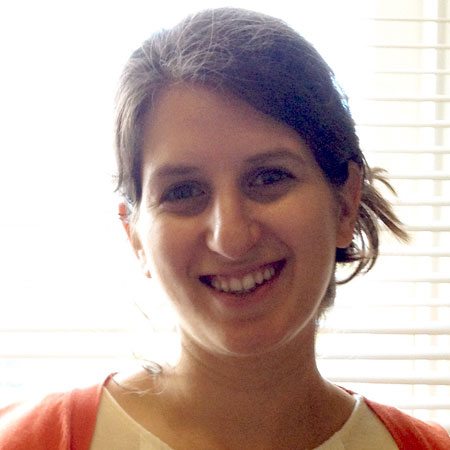Many public schools now have their very own police officers. Day in and day out, a police cruiser is parked outside and badged officers roam the halls. What does it mean to have police officers patrolling our students' schools? At first glance, it might seem like only a good thing -- that more police means more safety. But studies are uncertain on whether policed schools are actually safer schools, and the downsides are serious.
As an attorney who represents young people in juvenile court, one thing I see is that more school policing means more young people funneled into the justice system. The presence of a police officer at school increases the likelihood that students will be arrested for minor incidents. When a police officer is on-site, an incident that would otherwise just result in a trip to the principal's office -- a fight, an argument, an elementary student's tantrum -- is more likely to also include handcuffs and criminal charges. Once law enforcement is involved, things escalate quickly -- what then happens to the accused student is out of the school's hands.
Another thing having police stationed at schools means is that many students feel uncomfortable at school, making them much less likely to keep going every day. Police in schools can transform the entire learning environment, turning it into an unforgiving space where mistakes and violations of school rules can snowball into criminal records.
This can be especially true for students of color, who are overwhelmingly and disproportionately represented in what's known as the school-to-prison pipeline -- the troubling push-out of kids from our education system into our justice system. Research shows that the disparities cannot be explained by a disproportionate amount of misbehavior by students of color, and instead things like bias and stereotyping are to blame.
Though the intention of having officers in schools is to keep our children safe, it often does the opposite. Safe schools are critical, but there are other ways to get there. Law enforcement should be brought into schools only when necessary. We cannot allow the police to become schools' default disciplinarians.
